Throughout human history, innovation has been the driving force behind progress and societal transformation. From the simplest tools to complex technologies, inventions have shaped our lives, redefined our understanding of the world, and propelled us into uncharted territories. This exploration delves into the Top 10 greatest inventions of all time, their profound impact on civilization, and their enduring legacy in shaping our modern world.
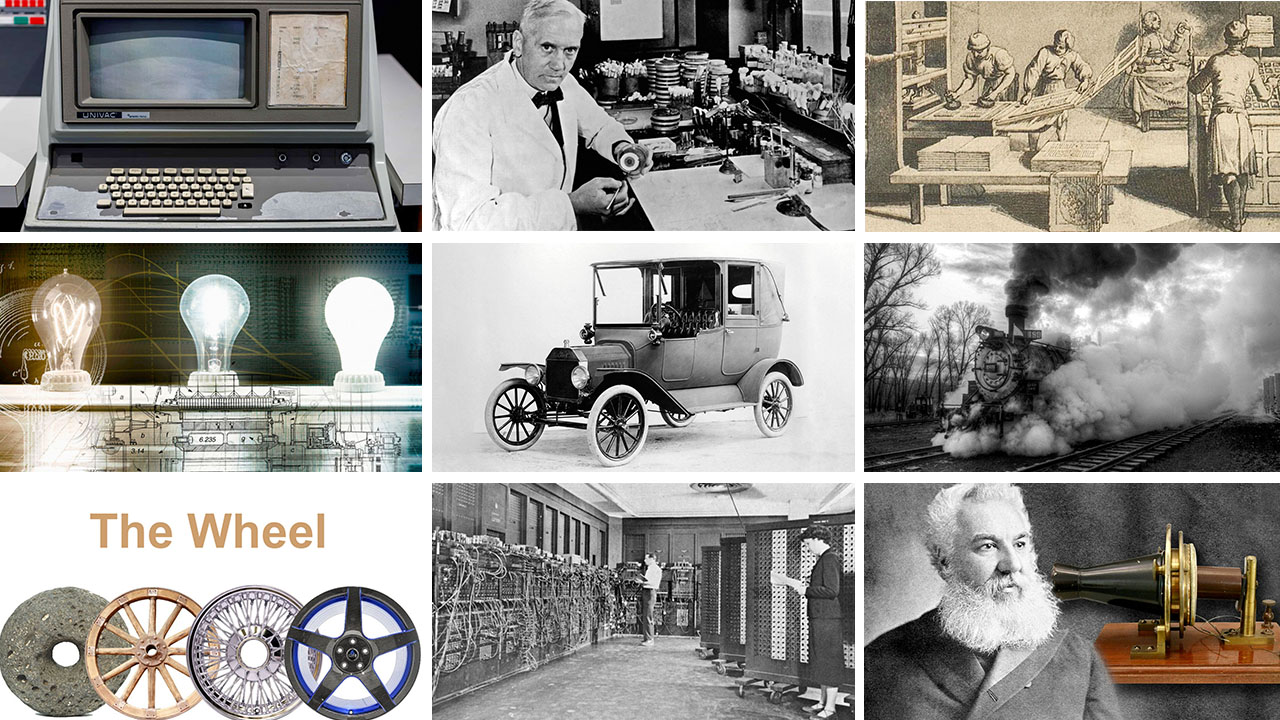
Inventions are not mere creations but catalysts for change, shaping the very fabric of our existence. They have revolutionized the way we live, work, and interact with our surroundings. From the wheel that set civilization in motion to the internet that has connected the world, these groundbreaking innovations have left an indelible mark on humanity. In this article, we will embark on a journey through time, exploring the greatest inventions that have transformed our world and paved the way for future advancements.
The Wheel

Origin and Evolution of the Wheel
The wheel, a seemingly simple yet revolutionary invention, emerged independently in different parts of the world around 3500 BC. Its origins can be traced back to Mesopotamia, where early civilizations used wooden wheels for pottery and transportation. Over time, the wheel gradually evolved, transitioning from solid wooden discs to spoked wheels, increasing efficiency and reducing weight.
Impact of the Wheel on Civilization
The invention of the wheel ushered in a new era of mobility and transformed civilization in unprecedented ways. It revolutionized transportation, enabling the movement of goods and people across vast distances. The wheel facilitated the development of agriculture, allowing farmers to cultivate larger areas of land and transport crops to markets. Furthermore, the wheel played a crucial role in the rise of empires, enabling armies to conquer territories with greater speed and efficiency.
Modern Applications of the Wheel
The wheel remains an indispensable part of modern life. It powers vehicles, from bicycles and cars to aircraft and spacecraft. It is found in machinery, from industrial robots to medical equipment. The wheel has evolved into countless variations, each tailored to specific applications, demonstrating its enduring adaptability and significance in countless aspects of our world.
The Printing Press
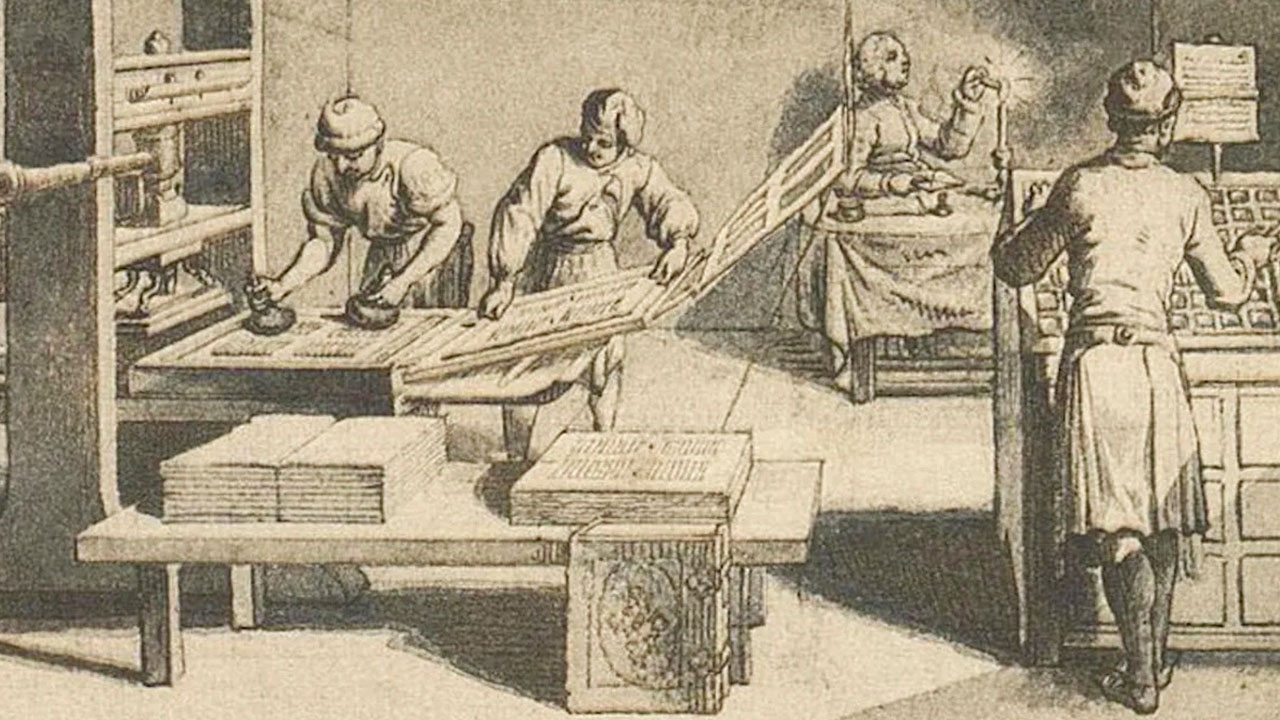
Invention and Spread of the Printing Press
The printing press, invented by Johannes Gutenberg in the 15th century, was a groundbreaking invention that democratized knowledge and revolutionized communication. Gutenberg’s printing press used movable type, allowing for faster and more efficient printing of books and other materials. This innovation quickly spread across Europe, leading to a surge in book production and a dramatic increase in literacy rates.
Revolutionizing Communication and Knowledge Sharing
The printing press liberated knowledge from the confines of monasteries and elite circles, making it accessible to a wider audience. It facilitated the dissemination of information, ideas, and religious texts, fostering intellectual discourse and challenging established norms. The printing press played a pivotal role in the Renaissance and the rise of modern science, fueling the exchange of knowledge and ideas.
Influence on Education and Literacy Rates
The printing press enabled the mass production of books, which led to a significant increase in literacy rates across Europe. This increased access to education empowered individuals and fostered cultural and social progress. The printing press remains a cornerstone of modern communication, shaping our understanding of language, culture, and the world around us.
The Internet
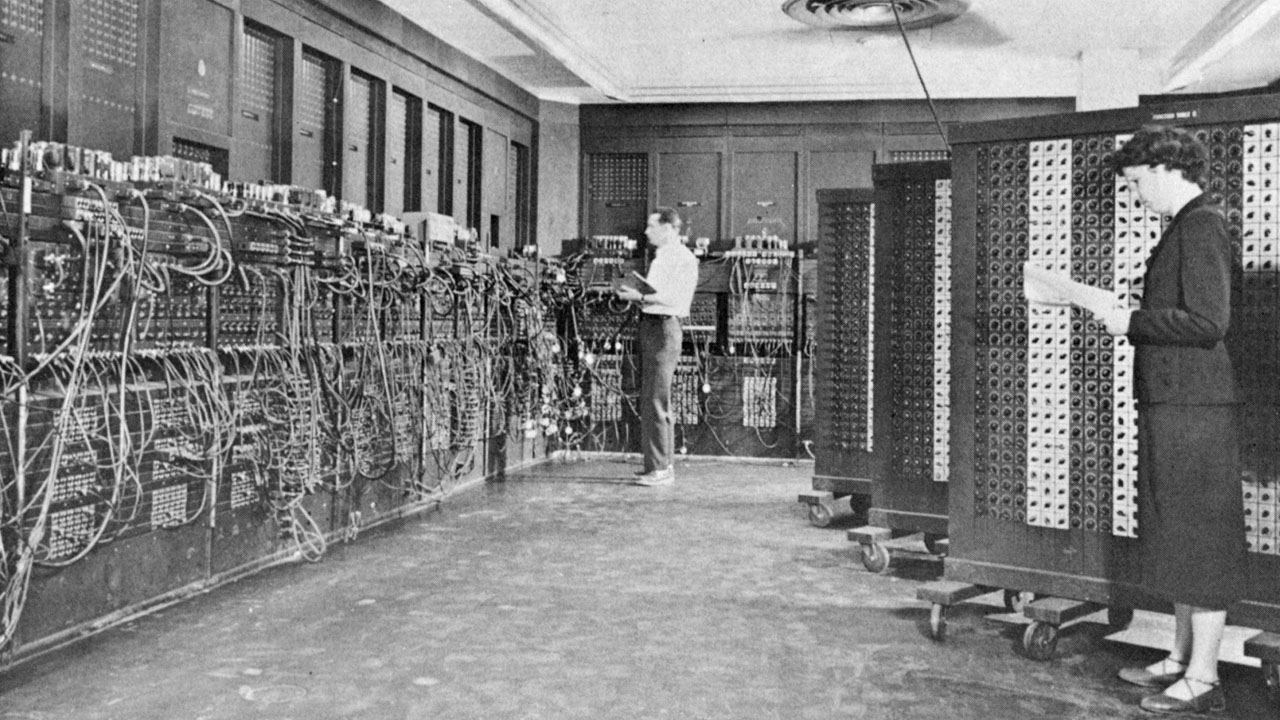
Birth of the Internet and Its Development
The internet, a vast network of interconnected computers, emerged from a US Department of Defense project called ARPANET in the 1960s. It was initially designed to facilitate communication and collaboration among researchers. The invention of the World Wide Web in the 1990s ushered in a new era of digital information sharing and global connectivity.
Connecting the World Digitally
The internet has broken down geographical borders, connecting people, businesses, and organizations worldwide. It has transformed communication, making it instantaneous and accessible to billions of people. The internet has created new markets, fostered innovation, and fueled economic growth.
E-commerce, Social Media, and Information Access
The rise of e-commerce platforms has revolutionized the way we shop and conduct business, while social media has reshaped how we interact and share information. Additionally, the internet has made an unprecedented amount of knowledge readily available, empowering individuals to learn, explore, and expand their horizons like never before.
Electricity

Discovery and Harnessing of Electricity
The discovery and harnessing of electricity marked a significant turning point in human civilization. From the pioneering experiments of Benjamin Franklin and Michael Faraday to the groundbreaking work of Nikola Tesla and Thomas Edison, the understanding and control of electrical energy paved the way for countless innovations.
Powering the Industrial Revolution
Electricity played a pivotal role in the Industrial Revolution, enabling the development of factories and mass production. It powered machines, lighting systems, and communication networks, driving economic growth and transforming societies. The availability of electrical power revolutionized manufacturing processes, leading to increased efficiency and productivity.
Importance in Modern Technology and Daily Life
In the modern era, electricity is an integral part of our daily lives. It powers our homes, offices, and cities, enabling the use of countless devices and technologies. From computers and smartphones to medical equipment and transportation systems, electricity is the lifeblood of our technological advancements and conveniences.
Penicillin
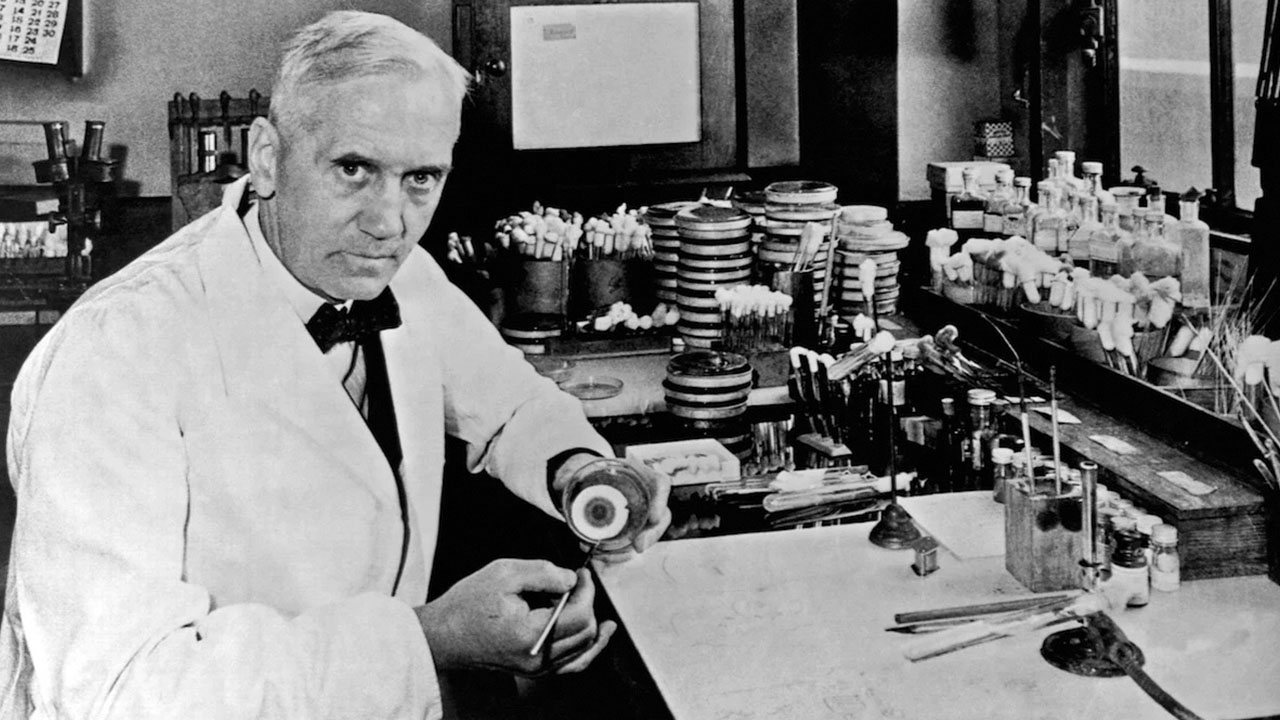
Discovery of Penicillin by Alexander Fleming
In 1928, Alexander Fleming, a Scottish scientist, accidentally discovered penicillin, the first widely used antibiotic. His accidental observation of a mold that inhibited the growth of bacteria led to the development of a revolutionary treatment for bacterial infections, saving countless lives.
Impact on Medicine and Healthcare
The discovery of penicillin revolutionized modern medicine and healthcare. It paved the way for the effective treatment of previously deadly diseases, such as pneumonia, tuberculosis, and blood infections. Penicillin’s success inspired further research into antibiotics, leading to the development of a wide range of life-saving drugs.
Antibiotic Resistance and Future Challenges
While penicillin and subsequent antibiotics have been instrumental in combating bacterial infections, the rise of antibiotic resistance poses a significant challenge for modern healthcare. Overuse and misuse of antibiotics have led to the emergence of resistant strains of bacteria, prompting ongoing research and efforts to develop new and more effective antimicrobial treatments.
The Telephone
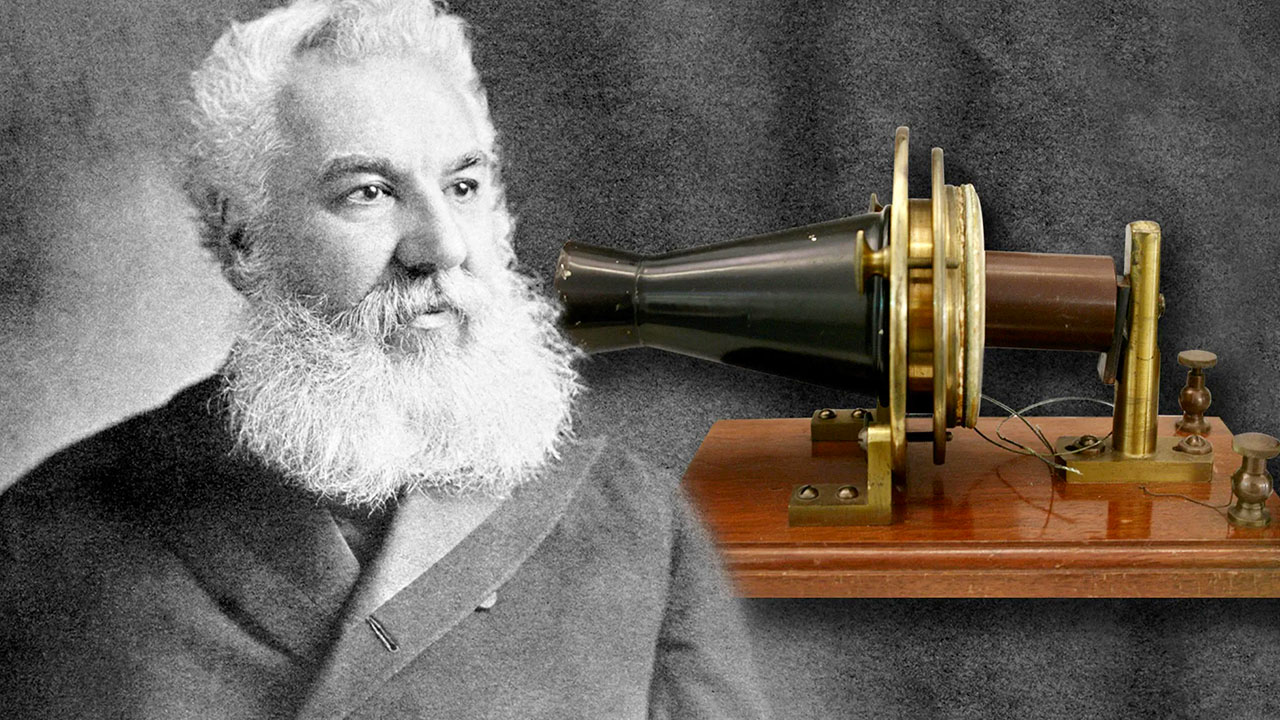
Invention of the Telephone by Alexander Graham Bell
In 1876, Alexander Graham Bell invented the telephone, a revolutionary communication device that allowed for long-distance voice transmission. This groundbreaking invention transformed the way people communicated, bridging distances and facilitating instant communication.
Communication Breakthrough and Global Connectivity
The telephone revolutionized communication by enabling real-time conversations across vast distances. It facilitated business transactions, personal connections, and the exchange of information on an unprecedented scale. Over time, the telephone network expanded globally, connecting people and communities worldwide.
Evolution from Landlines to Smartphones
While landlines were the initial form of telephone communication, the invention of mobile phones and smartphones has further revolutionized the way we communicate. Smartphones have integrated multiple functionalities, including voice communication, messaging, internet access, and a vast array of applications, making them indispensable tools in our modern lives.
The Automobile
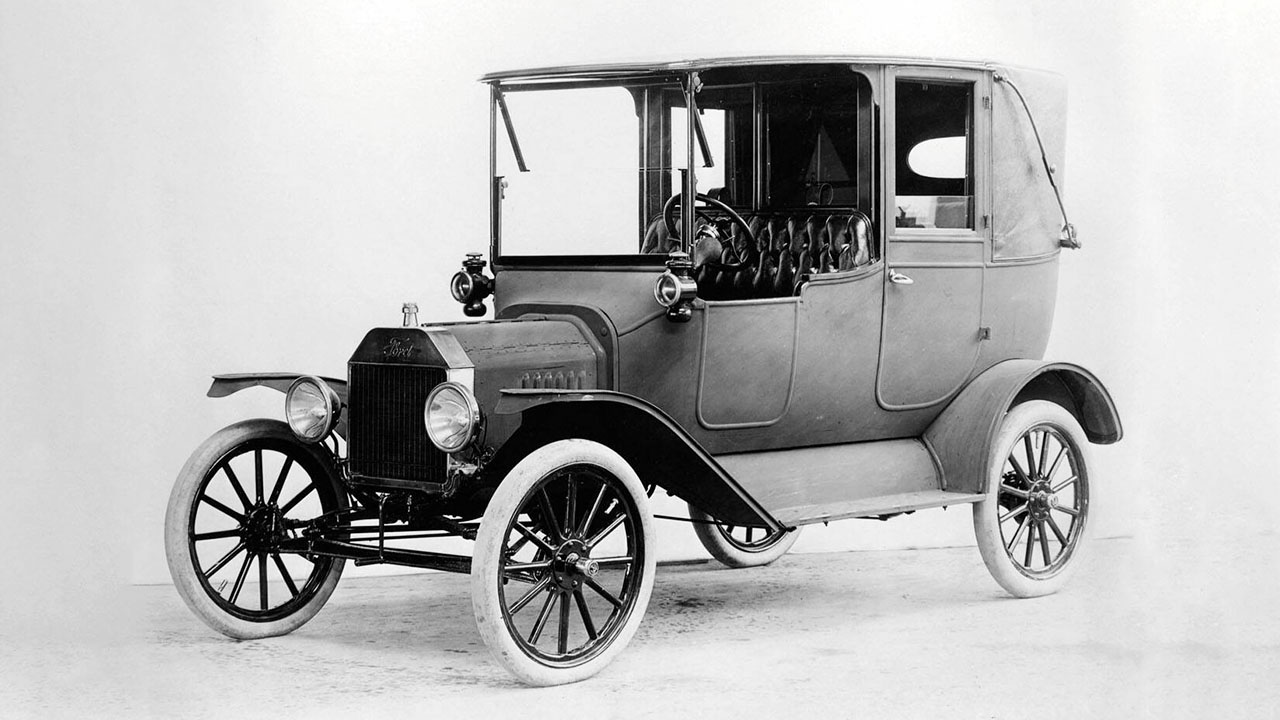
Evolution of Automobiles from Horseless Carriages
The automobile, initially developed as a “horseless carriage,” has undergone a remarkable evolution. From the pioneering work of innovators like Karl Benz and Henry Ford to the modern-day automotive industry, the automobile has transformed transportation and reshaped our cities and landscapes.
Transforming Transportation and Urban Development
The automobile revolutionized transportation by providing individuals with personal mobility and freedom of movement. It enabled the development of highways, suburbs, and new urban planning concepts. The automobile industry also played a significant role in driving economic growth and shaping modern manufacturing processes.
Environmental Impacts and Shift towards Electric Vehicles
While the automobile has brought unprecedented convenience and mobility, it has also contributed to environmental challenges such as air pollution and greenhouse gas emissions. In response, the automotive industry is actively pursuing alternative energy sources, with electric vehicles emerging as a promising solution to mitigate the environmental impact of transportation.
The Computer
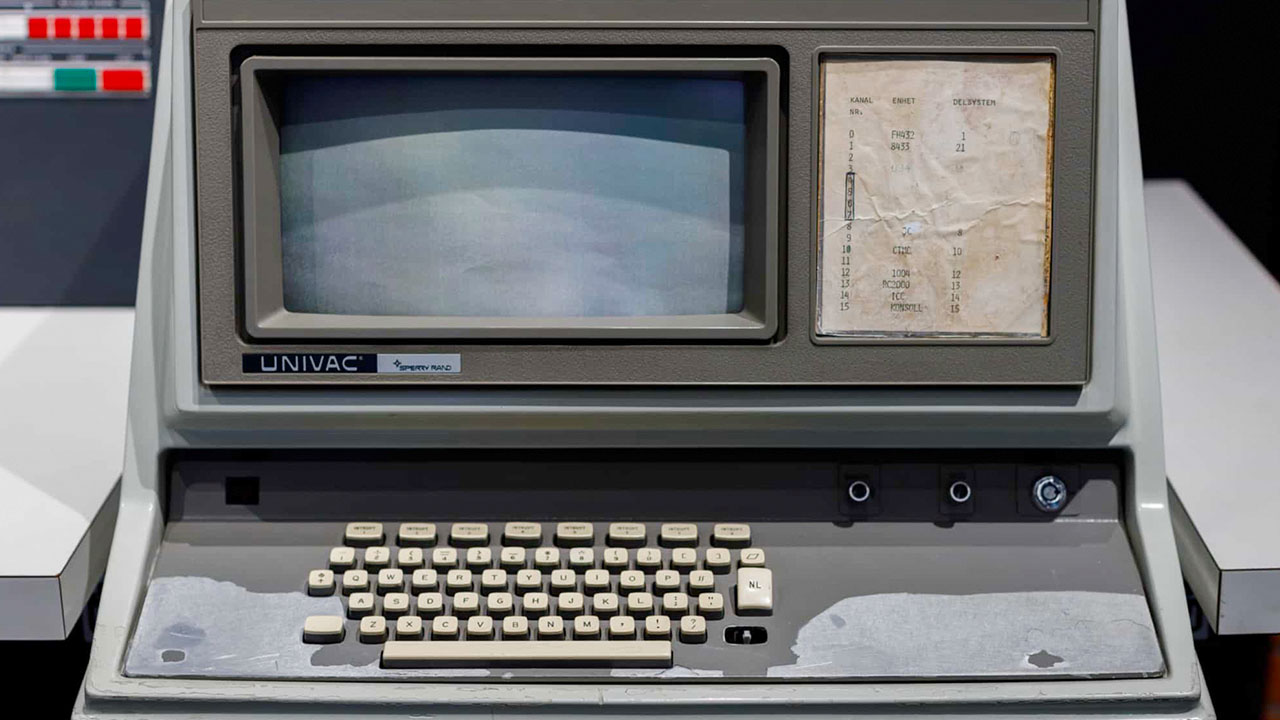
Development of Computers from Early Calculating Machines
The computer, a culmination of centuries of progress in mathematics, engineering, and technology, has its roots in early calculating machines. From the pioneering work of Charles Babbage and Ada Lovelace to the groundbreaking developments of the 20th century, computers have evolved from room-sized behemoths to compact and powerful devices.
Digital Revolution and Information Age
The advent of digital computers and the subsequent development of microprocessors ushered in the digital revolution and the Information Age. Computers have transformed virtually every aspect of modern life, from communication and entertainment to scientific research and data analysis.
Artificial Intelligence and Quantum Computing
The field of computer science continues to push boundaries, with advancements in artificial intelligence (AI) and quantum computing. AI has the potential to revolutionize decision-making processes, automation, and problem-solving capabilities, while also raising ethical considerations regarding privacy and autonomy. Quantum computing, on the other hand, holds the promise of exponentially faster processing speeds, potentially revolutionizing fields such as cryptography, drug discovery, and climate modeling.
The Lightbulb

Invention of the Lightbulb by Thomas Edison
In 1879, Thomas Edison successfully invented the first commercially practical incandescent lightbulb, revolutionizing indoor lighting. His invention marked a significant advancement in technology, providing a reliable and efficient source of artificial light that transformed homes, businesses, and cities.
Illuminating Homes and Cities
The widespread adoption of the lightbulb had a profound impact on society, extending the productive hours of the day and enhancing safety and productivity. It illuminated streets, factories, and homes, reducing reliance on natural light sources and enabling activities to continue after sunset. The availability of electric lighting also led to the development of new industries and urban planning concepts.
Transition to Energy-Efficient Lighting Technologies
While incandescent lightbulbs were a major technological advancement, they were not energy-efficient. In response to growing concerns about energy consumption and environmental impact, there has been a shift towards more sustainable lighting technologies, such as compact fluorescent lamps (CFLs) and light-emitting diodes (LEDs). These technologies offer longer lifespans, lower energy consumption, and reduced environmental footprint, contributing to global efforts to combat climate change.
The Steam Engine

Introduction of Steam Engines in Industrial Revolution
The steam engine, pioneered by inventors like James Watt, played a crucial role in the Industrial Revolution. It provided a reliable source of power for machinery, transportation, and various industrial processes, driving unprecedented economic growth and technological advancements.
Powering Trains, Ships, and Factories
Steam engines powered locomotives, steamships, and factory machinery, revolutionizing transportation and manufacturing capabilities. The ability to harness steam power on a large scale enabled the efficient movement of goods and people, leading to the expansion of trade networks and the development of new industries.
Legacy in Modern Power Generation and Renewable Energy
While steam engines have largely been replaced by more advanced technologies, their legacy lives on in modern power generation systems. Steam turbines are still widely used in power plants to generate electricity, utilizing steam produced by burning fossil fuels or through renewable sources such as geothermal or solar energy. The principles of steam power continue to influence the design and operation of contemporary energy systems.
Notes
Importance of Innovation and Creativity in Inventions
Throughout history, innovative thinking and creative problem-solving have been essential drivers of technological progress. Inventors and visionaries who dared to challenge conventional wisdom and push the boundaries of what was thought possible have been responsible for some of the greatest inventions of all time.
Collaboration and Knowledge Sharing in Advancing Technologies
Many groundbreaking inventions have been the result of collaborative efforts and the sharing of knowledge across disciplines and cultures. By working together and building upon the discoveries of others, inventors have been able to accelerate the pace of innovation and achieve remarkable breakthroughs that have shaped the course of human history.
Mistakes to Avoid
Underestimating the Impact of New Inventions
One common mistake in evaluating new inventions is underestimating their potential impact on society and the economy. Disruptive technologies have the power to transform industries, create new markets, and fundamentally alter the way we live and work. It is crucial to recognize the significance of emerging inventions and adapt to their implications proactively.
Neglecting Ethical and Environmental Considerations in Innovation
In the pursuit of technological advancement, it is essential to consider the ethical and environmental implications of new inventions. Innovations should be developed and implemented with careful consideration for their social, cultural, and environmental consequences. Neglecting these factors can lead to unintended harm and negative repercussions for individuals and communities.
Frequently Asked Questions
What criteria define the greatest inventions of all time?
The greatest inventions of all time are often characterized by their transformative impact on society, their longevity and widespread adoption, and their contribution to human progress and well-being. These inventions have fundamentally changed the way we live, work, communicate, and interact with the world around us.
How do inventions shape society and culture over time?
Inventions have the power to shape society and culture by influencing how we live, work, communicate, and relate to one another. They can drive economic growth, spark social change, and redefine cultural norms and values. The impact of inventions is often far-reaching, shaping the course of history and leaving a lasting legacy for future generations.
What role does intellectual property play in fostering innovation?
Intellectual property rights, such as patents, copyrights, and trademarks, play a crucial role in fostering innovation by protecting the rights of inventors and creators. By providing legal recognition and incentives for innovation, intellectual property rights encourage investment in research and development, promote knowledge sharing, and stimulate competition and creativity in the marketplace.
Conclusion
In conclusion, the Top 10 greatest inventions of all time have had a profound and lasting impact on human civilization, shaping the way we live, work, communicate, and interact with the world. From the wheel and the printing press to the internet and the computer, these inventions have revolutionized industries, transformed societies, and accelerated the pace of progress and innovation.
As we continue to advance technologically and explore new frontiers of discovery, it is essential to recognize the importance of innovation, collaboration, and ethical considerations in the development of new inventions. By learning from the successes and challenges of past inventions, we can navigate the complexities of a rapidly changing world and harness the power of innovation to create a brighter future for all.



